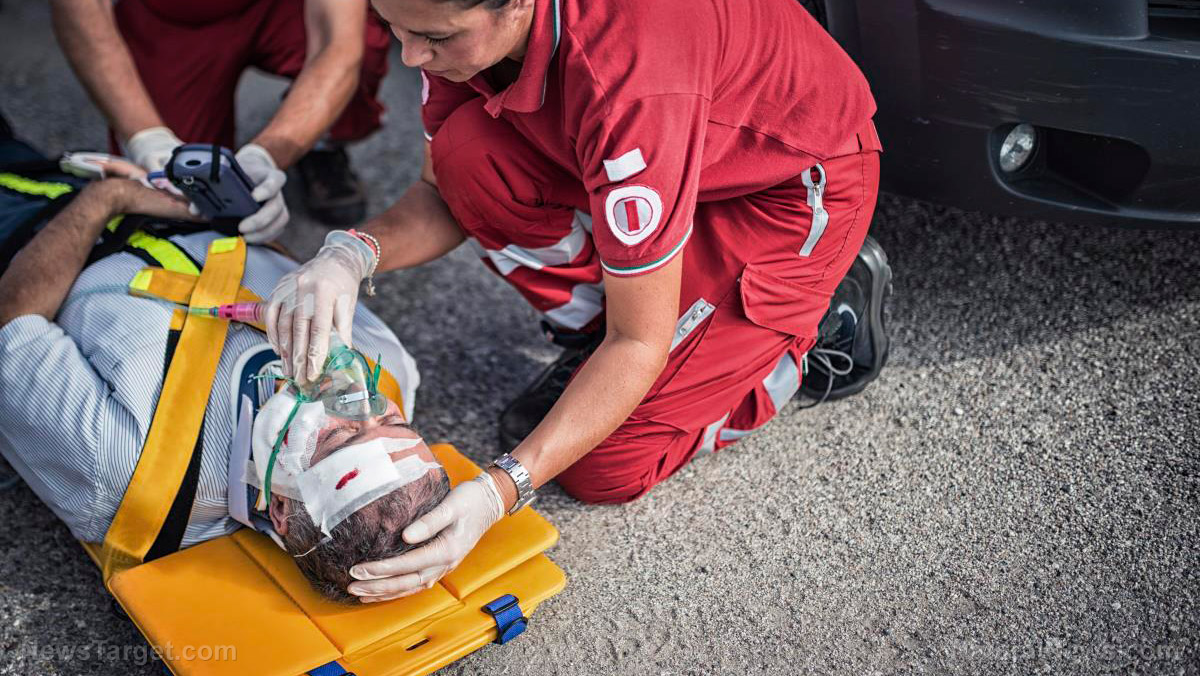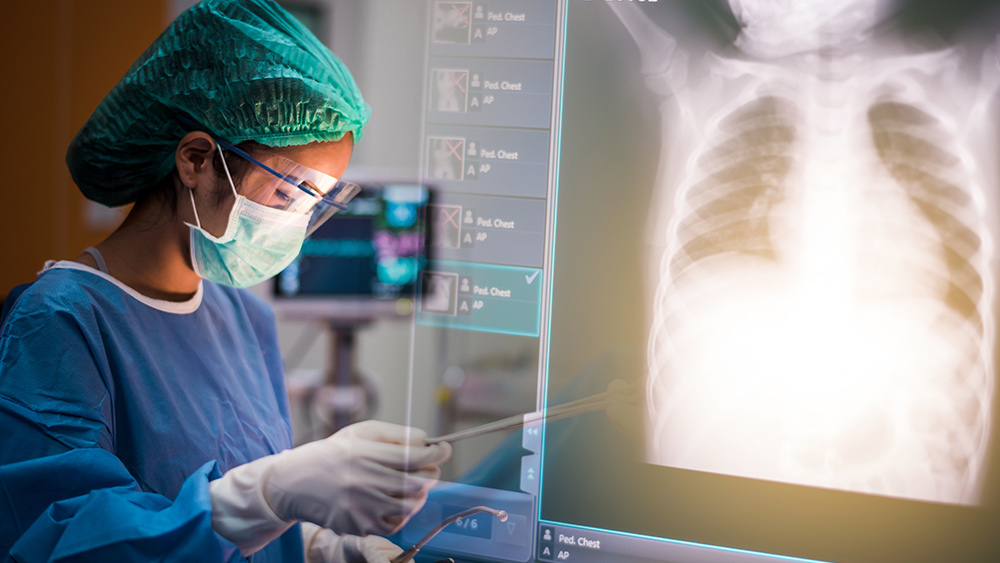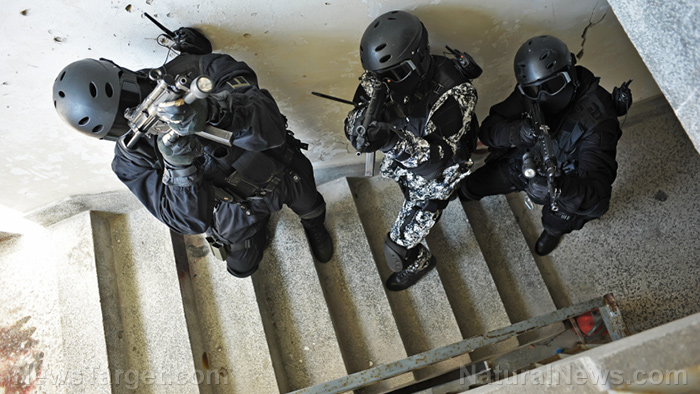Emergency first aid tips to treat people with traumatic shock
04/28/2020 / By Mary Miller

Traumatic shock is a life-threatening medical condition that can occur due to a general lack of blood flow or decreased circulation. It often follows a serious injury, such as dehydration, heatstroke, hypothermia, heart failure, trauma or severe hemorrhage, burns or allergic reactions. In an emergency situation, knowing how to administer first aid to a person with traumatic shock can mean the difference between life and death. Here is a quick and simple guide for treating people with traumatic shock. (h/t to Survivopedia.com)
What is traumatic shock and how do you identify it?
Traumatic shock is the body’s defensive response to a sudden drop in blood pressure. When you do not have enough blood circulating in your body, your body tries to conserve the remaining blood flow by limiting it to your vital organs. This means that it narrows the blood vessels that lead to your hands and feet. However, shock will also cause your body to produce the hormone adrenaline, which can reverse the body’s initial response of constricting the blood vessels. Traumatic shock can be fatal if left untreated. (Related: Homeopathic Remedies Treat Shock.)
Some common symptoms of traumatic shock include pale, cold and clammy skin, irregular breathing, sweating, general weakness, thirst, nausea, dizziness, unconsciousness, a drop in body temperature and a rapid heart rate. If the person’s heart rate is higher than 100 beats per minute, it might be a sign of traumatic shock.
How do you treat people with traumatic shock?
Your two primary goals in treating a person with traumatic shock are to maintain proper body temperature and improve blood circulation so that the vital organs get the oxygen they need. At the same time, you should minimize any unnecessary movement, as this may cause further damage. If your companion is suffering from traumatic shock, here is what you need to do:
- Place your companion in the proper shock position. If your companion is conscious, lay him down on the floor or a flat, plain surface. Elevate his legs and feet about a foot off the ground. It is important that the legs remain higher than the heart so that gravity can help keep the blood in the heart and other vital organs. If the person is unconscious, carefully lay him on his side or stomach to prevent him from choking on body fluids, such as blood or vomit. Turn his head to the make sure his breathing is not obstructed. Do not move your companion if you suspect a neck or spinal injury.
- Immediately attend to any obvious injuries. While traumatic shock can sometimes be more dangerous than the injuries that cause it, injuries such as wounds, burns and fractures can still be life-threatening if left unattended. If your companion is bleeding, apply pressure on the wound using a clean piece of cloth.
- Make sure your companion can breathe properly. Loosen any tight clothing or accessories that may restrict breathing, especially around the neck, waist and chest area. Carefully monitor your companion’s breathing, heart rate and changes to skin color. If there are any irregularities, take note of them so that you can report them to a medical professional as soon as possible.
- Regulate your companion’s body temperature. Remove any wet clothing. Keep your companion comfortable and make sure his temperature is not too hot or too cold. Keep him shaded if he is under the sun or give him a blanket if he is cold. It is more important to avoid exposure to sources of heat, as raising the body’s surface temperature can draw blood toward the skin and away from the vital organs.
These first aid tips are only meant to buy time until qualified professionals arrive, so it is important that you seek medical assistance for your injured companion as soon as possible. While waiting for help to arrive, do not allow your companion to eat or drink anything.
Learn other first aid techniques to help you survive by going to Survival.news.
Sources include:
Tagged Under: accidents, bug out, emergencies, emergency medicine, first aid, how-to, injuries, off grid, outdoors, preparedness, prepper, prepping, self-reliance, SHTF, survival, survival skills, traumatic shock



















